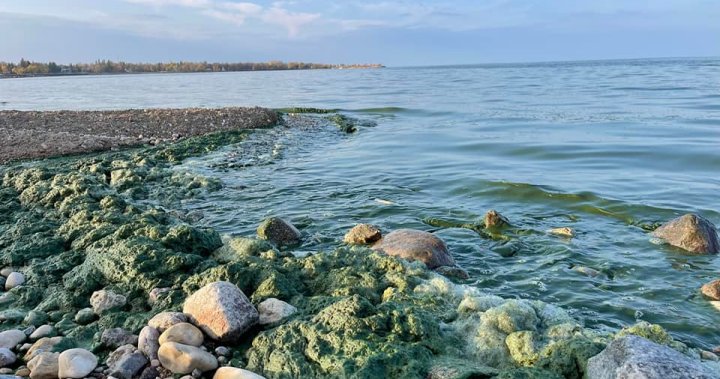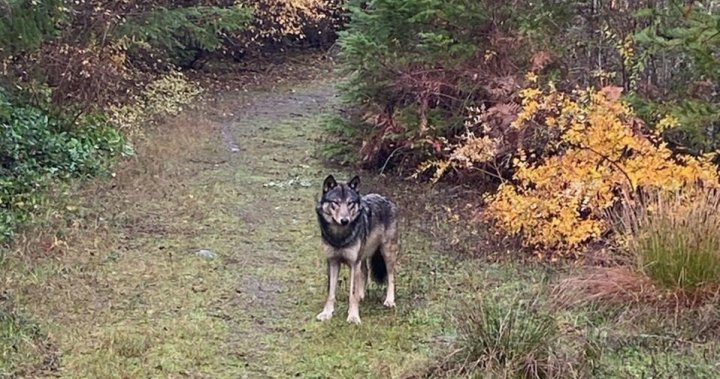On Monday, the government of Canada announced that applications under the Canada Water Agency are open.
Terry Duguid, the member of Parliament for Winnipeg South, said Indigenous governments, organizations and communities with projects and initiatives to protect certain freshwater bodies can apply for funding.
Water bodies open for application include Lake Simcoe, the Wolastoq/Saint John River, the Great Lakes, Lake Winnipeg and Lake of the Woods.
Over a decade, about $73 million in federal funding will go towards Lake Winnipeg and Lake of the Woods alone, Duguid said.
Karen Scott, director of programs at the Lake Winnipeg Research Consortium (LWRC), said the funding will help continue the organization’s efforts to restore its namesake.
“Sadly, one of the most visible changes to Lake Winnipeg are those large algal blooms,” she said. “It’s a very visible response that the lake has made to our activities in the watershed, which are introducing too many nutrients into the lake.
“But what we see is only a small piece of a very complex puzzle, and there are many changes taking place in Lake Winnipeg, and processes occurring in Lake Winnipeg, that we don’t see, (and) we simply cannot see until we measure them.”
Get the latest National news.
Sent to your email, every day.
Manitoba Métis Federation citizens and harvesters “have expressed their concerns regarding the reduced quality and health of the Seine River and other lakes, streams and water bodies in Manitoba,” said JoAnne Remillard, MMF minister of environment and climate change.
As such, Remillard said the national government of the Red River Métis has made efforts to reverse the damage. This includes planting trees and plans, removing invasive species, hosting several garbage cleanups and keeping tabs on water and vegetation quality.
Manitoba’s minister of environment and climate change, Tracy Schmidt, said Monday’s announcement “will support the work being done already to protect valuable freshwater resources here in Manitoba,” like research by the LWRC and MMF.
“Lake Winnipeg is Canada’s sixth-largest lake. It’s the 11th-largest freshwater body in the world, and is a valuable freshwater resource known for its fisheries, beaches and importance to the livelihood of so many communities, including many Indigenous communities along its shores.”
Likewise, he said Lake of the Woods provides drinking water for more than 700,000 people in Ontario, Minnesota and Manitoba.
“Healthy lakes mean more economic growth, more recreation opportunities, and a healthy sustainable ecosystem that protects biodiversity,” he said.
Applications for Lake Winnipeg and Lake of the Woods will be accepted until Feb. 15.
© 2024 Global News, a division of Corus Entertainment Inc.




